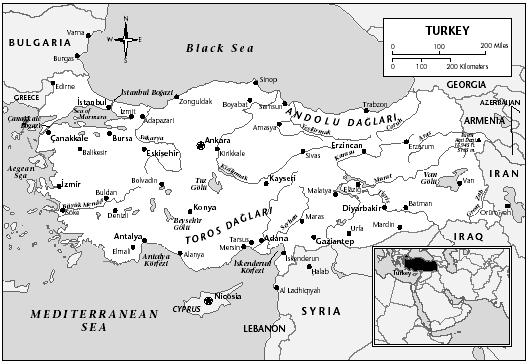Turkey - Religions
Religious freedom is provided for by the constitution. About 98% of the population is Muslim. Though there is no official state religion, the state maintains urban mosques and other Muslim religious properties, licenses Muslim religious leaders, and provides Muslim religious education in the public schools.

Proselytizing by either Muslim or non-Muslim is proscribed by law. Laws against the use of religion for political purposes are rigorously enforced. The vast majority of Turkish Muslims are Sunni, but there is a substantial Shi'a minority. Although at times suppressed by law, secret dervish orders have remained active in some areas. In 1999, religious minorities included Christians and Jews, accounting for 0.2% of the population. The Greek Orthodox patriarch at Istanbul is considered first among equals of the seven patriarchs in the Eastern Orthodox churches. Turkey was a haven for Jewish refugees from Spain and Portugal in the late 15th and 16th centuries, and Jews have lived there in relative peace until recent years.
Comment about this article, ask questions, or add new information about this topic: